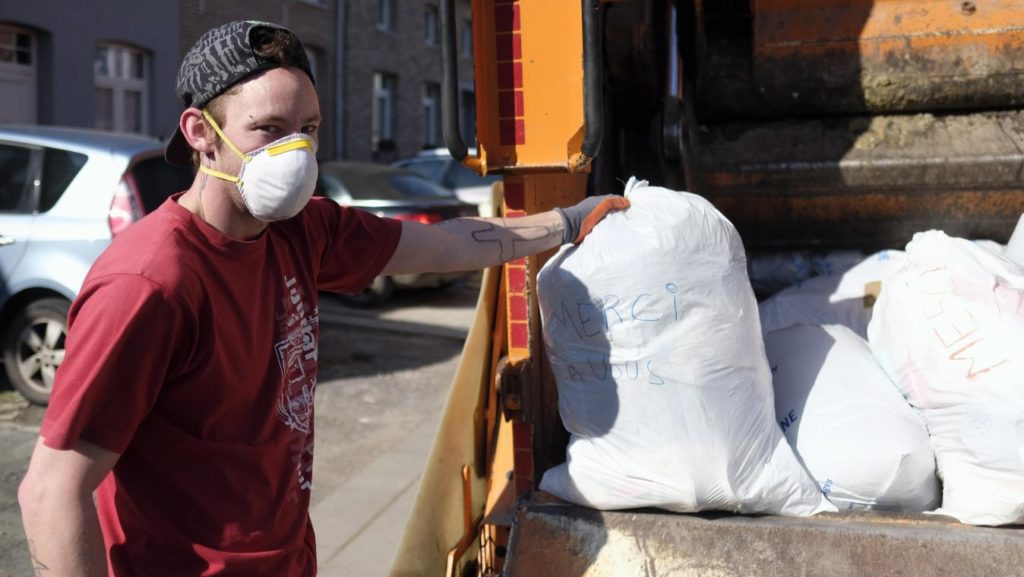212 additional people have tested positive for the new coronavirus (Covid-19) in Belgium, confirmed the Federal Public Health Service during a press conference on Friday.
This brings the total number of cases in Belgium, since the beginning of the pandemic, to 58,061. The total reflects all people in Belgium who have been infected, and includes confirmed active cases as well as patients who have since recovered, or died from the consequences of the virus.
123 of the newly-infected people live in Flanders, 72 live in Wallonia, and 17 live in Brussels. “The trend of new infections is still decreasing, by about 3% per day over the last 7 days,” said professor Steven Van Gucht.
18,072 coronavirus tests have been taken in Belgium in the past 24 hours, of which 13,074 in the clinical labs, and 4,998 by the federal testing platform.
27 new patients were admitted to hospital in the last 24 hours, and 109 were discharged. The total number of people in hospital because of the coronavirus at the moment is 937. “This trend is decreasing as well, by about 6% per day,” Van Gucht said.
Of the patients in hospital, 187 are in the intensive care unit. “As with the other trends over the last 7 days, this trend also decreasing by about 4% per day,” he said.
Related News
- Coronavirus: new infections in Ostend nursing home
- How all pupils will return to school in Belgium
- People can likely visit more than 4 others from 8 June
42 new deaths have been reported, bringing the total number of people who died because of the coronavirus to 9,430. “The trend in the number of newly-reported deaths also decreases by about 3% per day,” Van Gucht said.
“The early indicators of absenteeism at work and consultations with GPs for flu-like symptoms are both evolving in the right direction. The absenteeism at work continues to decrease, and the doctor consultations, with 78 per 100,000 inhabitants last week, is stabilising,” Van Gucht said.
"Between the end of March and mid-April, we can see a clear increase in the percentage of antibodies in the blood of samples that we receive," he said, pointing to the results of a study that Sciensano takes part in.
"The percentage almost quadrupled, going from 1.3% to 4.8% over that period. Since then, we see that it has remained stable. This shows that the lockdown measures have worked very well," Van Gucht said.
Maïthé Chini
The Brussels Times

